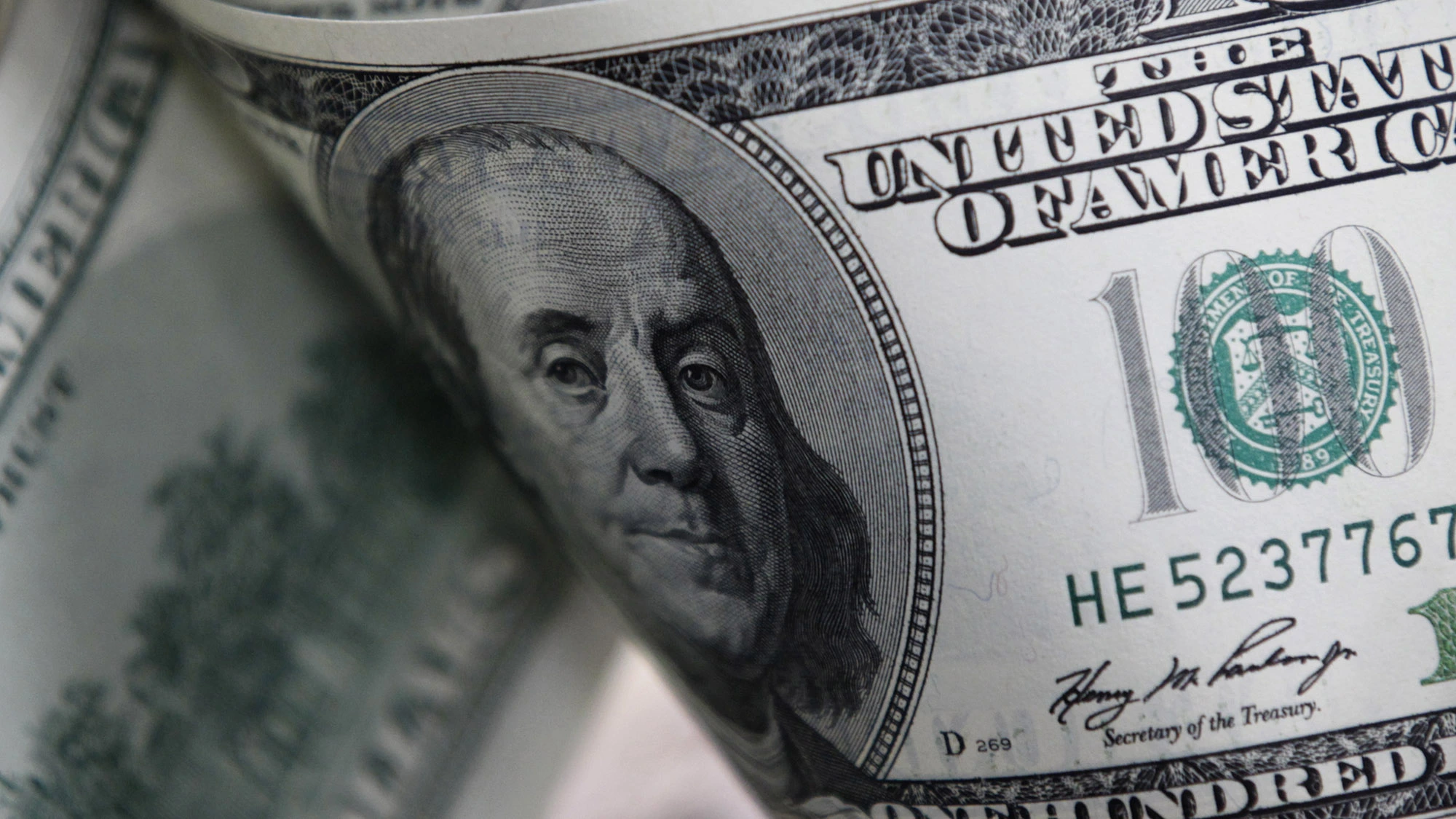Amid robust economic growth and persistent inflation in the United States, strategists at UBS Group AG spotlight a possible shift in Federal Reserve policy.
They argue that these conditions may drive the Fed to increase interest rates up to 6.5% by next year.
Such a move would sharply raise borrowing costs, deviating from earlier predictions of rate cuts.
Initially, UBS anticipated two rate reductions this year, but fresh data hinting at sustained inflation has adjusted their outlook.
Now, they believe the Fed might not only withhold cuts but possibly elevate rates, significantly affecting both the bond and stock markets.
Recent economic indicators in the U.S. reveal a surprising strength, prompting financial markets to reconsider the likelihood of monetary easing.

UBS strategists Jonathan Pingle and Bhanu Baweja suggest that if economic strength persists and inflation exceeds 2.5%, the FOMC could start raising rates early next year, aiming for 6.5% by mid-year.
This revised stance aligns with a broader banking sector realization. The aggressive rate hikes of the 1980s, which elevated the Fed rate to 5.5%, might resume.
UBS has scaled down its drastic cut forecast from 275 basis points to a mere 50 points for the current year.
They predict that continuing rate hikes under their “no-landing scenario” could drastically flatten the U.S. Treasury curve, with significant yield increases and a potential 10% to 15% downturn in the equity market.
UBS Predicts Potential Fed Rate Hike to 6.5%
This update follows recent data that inflation rates and retail sales in the U.S. are surpassing expectations, signaling that inflation might be digging in more deeply than anticipated.
As traders drastically reduce their bets on Fed easing—now just 41 basis points by December from an initial 150—UBS’s strategists voice concerns.
An overheating economy could lead to plummeting government debt and widening credit spreads, significantly affecting market valuations.
This narrative frames a critical moment for the U.S. economy, balancing growth with the specter of rising inflation and interest rates.

